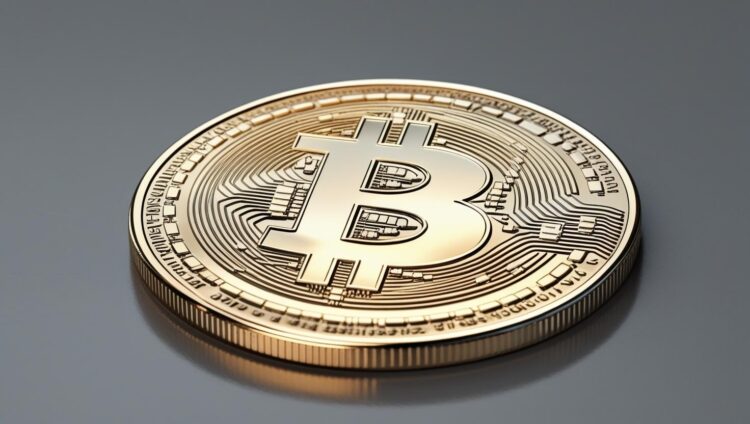When I initially learned about Bitcoin ten years ago, I said all the dumb things people say when they don’t understand it. I thought it was intended for a dystopian future, which didn’t make any sense to me at all. So, I was saying things like, “But if there’s an apocalypse and there’s no Internet, how would anyone access their Bitcoin anyway?” while the intelligent people were purchasing an entire Bitcoin for only a few hundred US dollars.
It wasn’t until last week that I saw someone had posted the concerning statement, “Hackers hijack npm packages in what is being called the largest supply chain hack in history,” on my crypto group. Malware” and “malicious code,” two of my new least favourite terms, were explained to us as meaning that they could be diverted, or stolen and gone forever.
Additionally, I received a brief instruction on the distinction between a “hack” and an “exploit.” The first obtains unauthorized access to a system, whereas the second—the one we were addressing exploits an existing weakness in a system. Naturally, my first impulse was to check on all of my cryptocurrency and secure it in some way, but because I knew there was nothing I could do, I went to bed.
Also Read:
The Value Gap in Travel Retail is $9 Billion, Even With the Post-Pandemic Recovery






























































